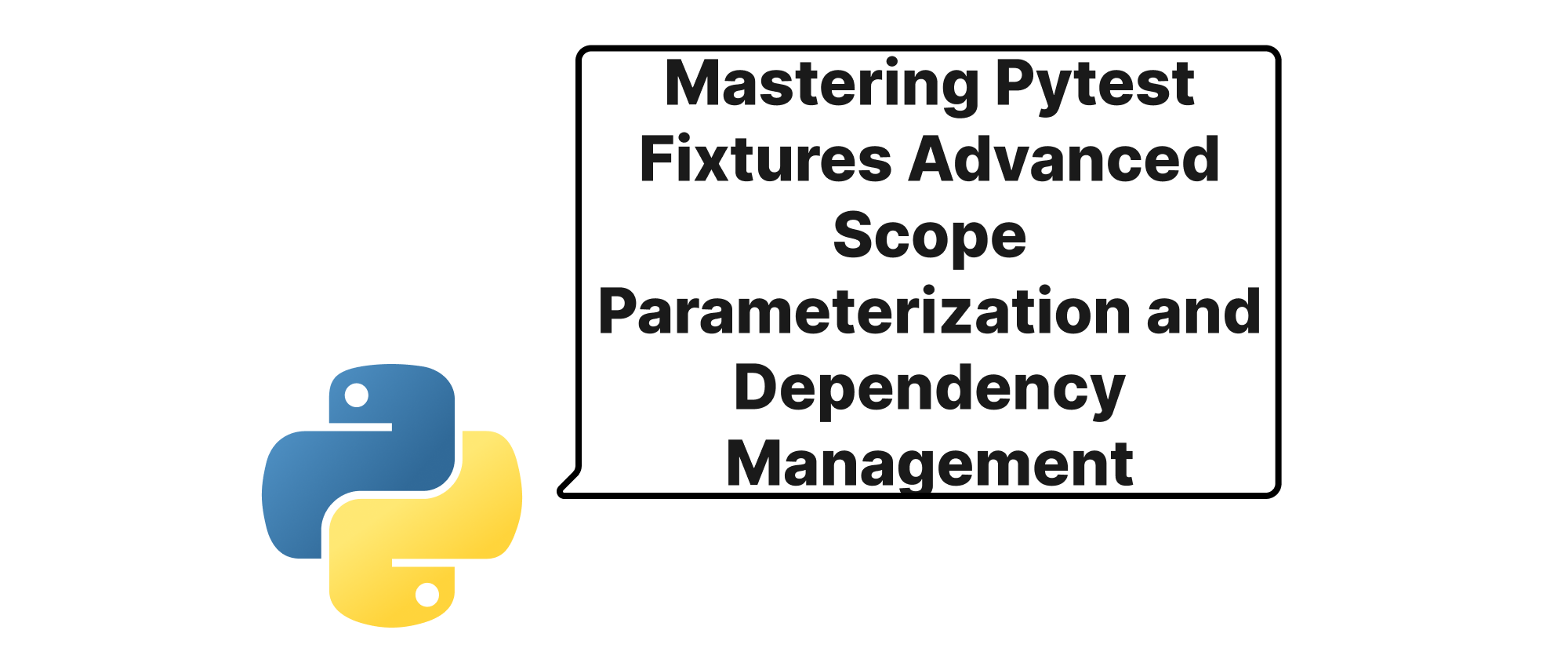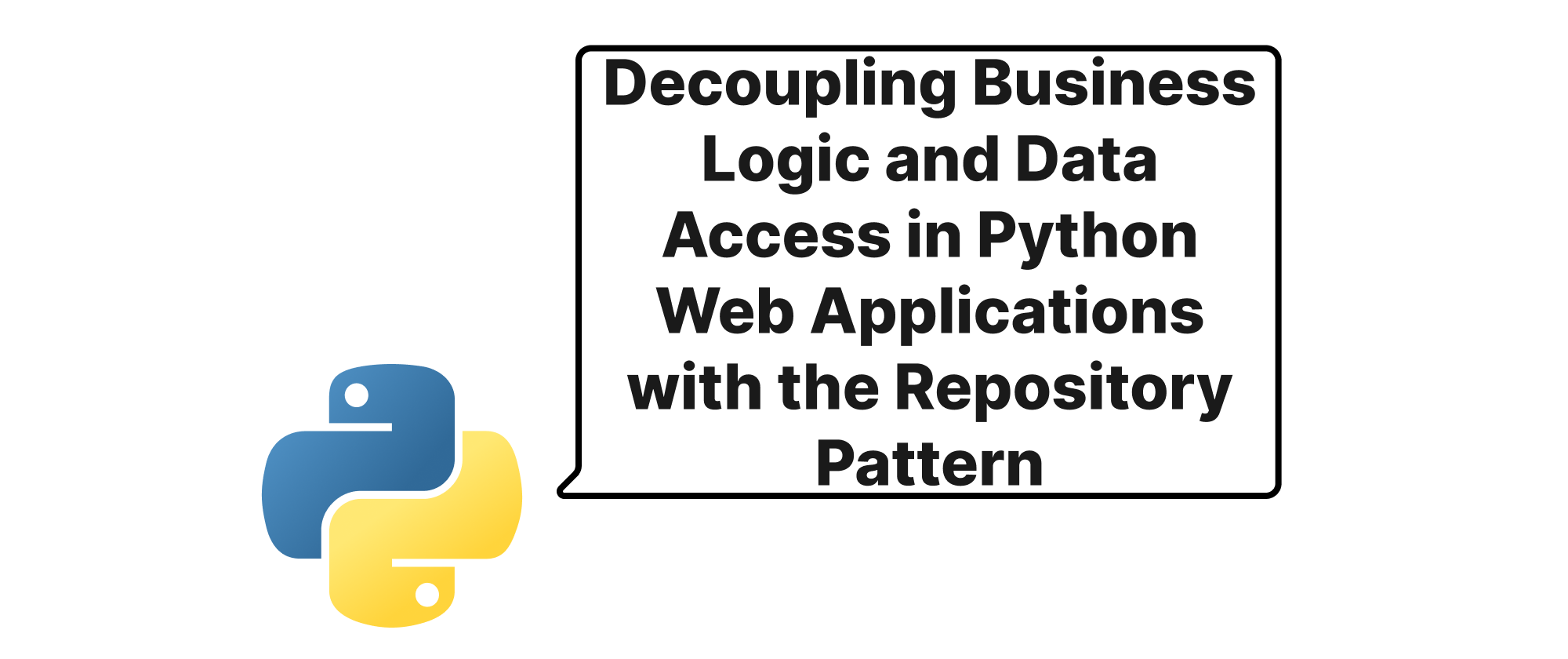Mastering Pytest Fixtures Advanced Scope Parameterization and Dependency Management
Lukas Schneider
DevOps Engineer · Leapcell

Introduction
Testing is an indispensable part of software development, ensuring the reliability and correctness of our applications. Among the myriad testing frameworks available in Python, pytest stands out for its flexibility, powerful features, and ease of use. A cornerstone of pytest's power lies in its fixture system. While basic fixture usage, like setting up simple test preconditions, is straightforward, unlocking the full potential of pytest fixtures requires diving into their advanced capabilities. Understanding nuanced aspects like fixture scope, parameterization, and dependency management can drastically improve test efficiency, reduce redundancy, and create more maintainable and robust test suites. This article will delve into these advanced usages, helping you elevate your pytest mastery.
Core Concepts
Before we explore advanced patterns, let's briefly define some core concepts related to pytest fixtures that are crucial for understanding the subsequent discussions:
- Fixture: A special function decorated with
@pytest.fixturethatpytestdiscovers and runs before a test (or a set of tests) to set up resources or state required by the tests. They can return a value which the test receives as an argument. - Scope: Determines how often a fixture function is executed. It defines when the setup occurs and when the teardown logic (if any) is invoked.
- Parameterization: The process of running the same test function or fixture multiple times with different input parameters. This is highly effective for testing various scenarios without writing repetitive code.
- Dependency Injection: A software design pattern where objects (in this case, fixtures) are provided with their dependencies by an external entity (
pytest), rather than creating them themselves. This promotes loose coupling and easier testing.
Advanced Fixture Management
Understanding Fixture Scope for Resource Optimization
Fixture scope is a critical concept for managing resources and execution time. pytest offers several scopes, influencing how frequently a fixture is set up and torn down:
function: The default scope. The fixture is set up once per test function invocation. Teardown occurs after each test function. Ideal for test-specific, isolated resources.class: The fixture is set up once per test class. Teardown occurs after all tests within the class have run. Useful for resources shared across methods in a test class.module: The fixture is set up once per test module. Teardown occurs after all tests in the module have run. Suitable for resources needed for all tests in a file.session: The fixture is set up once perpytestsession. Teardown occurs after all tests across all modules have run. Best for expensive resources that can be shared globally, like a database connection.
Let's illustrate with an example involving a database connection:
# conftest.py import pytest import sqlite3 @pytest.fixture(scope="session") def db_connection(): """ Provides a database connection for the entire test session. """ print("\nSetting up session DB connection...") conn = sqlite3.connect(":memory:") # Use in-memory DB for quick setup/teardown cursor = conn.cursor() cursor.execute("CREATE TABLE users (id INTEGER PRIMARY KEY, name TEXT)") conn.commit() yield conn print("Closing session DB connection...") conn.close() @pytest.fixture(scope="function") def user_repository(db_connection): """ Provides a user repository instance for each test function, relying on the session-scoped DB connection. """ print("Setting up function user repository...") cursor = db_connection.cursor() # Clean up table for each test to ensure isolation cursor.execute("DELETE FROM users") db_connection.commit() class UserRepository: def __init__(self, conn): self.conn = conn def add_user(self, name): cursor = self.conn.cursor() cursor.execute("INSERT INTO users (name) VALUES (?)", (name,)) self.conn.commit() def get_all_users(self): cursor = self.conn.cursor() cursor.execute("SELECT name FROM users") return [row[0] for row in cursor.fetchall()] yield UserRepository(db_connection) print("Teardown function user repository...") # test_users.py def test_add_user(user_repository): user_repository.add_user("Alice") assert "Alice" in user_repository.get_all_users() def test_add_another_user(user_repository): # This test starts with an empty user table due to function scope user_repository.add_user("Bob") assert "Bob" in user_repository.get_all_users()
When you run these tests, you'll observe:
db_connection's setup (Setting up session DB connection...) runs once at the very beginning.user_repository's setup (Setting up function user repository...) and teardown (Teardown function user repository...) run before and after each test function.db_connection's teardown (Closing session DB connection...) runs once at the very end of the session.
This demonstrates how session scope is used for an expensive resource like a database connection, while function scope ensures test isolation by resetting the user_repository state for each test.
Parameterizing Fixtures for Varied Test Conditions
Parameterization allows you to run the same fixture setup multiple times with different inputs, which is incredibly useful for testing various configurations or data scenarios. This is achieved using pytest.mark.parametrize or by passing params to the @pytest.fixture decorator.
Using params with @pytest.fixture:
# conftest.py import pytest @pytest.fixture(params=["chrome", "firefox", "edge"], scope="function") def browser(request): """ Provides different browser instances for testing. """ browser_name = request.param print(f"\nSetting up {browser_name} browser...") # Simulate browser setup yield f"WebDriver for {browser_name}" print(f"Closing {browser_name} browser...") # test_browsers.py def test_home_page_loads(browser): """ Tests if the home page loads correctly for different browsers. """ print(f"Testing with: {browser}") assert "WebDriver" in browser # Basic check assert "page loaded" == "page loaded" # Simulate actual check
When you run pytest test_browsers.py, the test_home_page_loads function will be executed three times, once for each browser type (chrome, firefox, edge), with browser fixture providing the respective browser instance. The request fixture, automatically provided by pytest, gives access to the current parameter value via request.param. This eliminates the need to write separate tests for each browser type, saving boilerplate code.
Managing Fixture Dependencies for Structured Testing
Fixtures can depend on other fixtures. pytest automatically handles this dependency injection by inspecting the function signatures of your fixtures and tests. If a fixture A requires fixture B, you simply declare B as an argument to A. pytest then ensures that B is set up before A. This creates a clear and explicit dependency graph, making your test setup highly modular and maintainable.
Consider the user_repository example from the scope section. The user_repository fixture depends on db_connection.
@pytest.fixture(scope="function") def user_repository(db_connection): # 'db_connection' is a dependency # ... setup logic ... yield UserRepository(db_connection) # ... teardown logic ...
Here, pytest first sets up db_connection (because it's a session scope, it will happen only once), and then passes the resulting connection object to user_repository when user_repository is invoked for a test. This ensures that user_repository always operates on a valid, initialized database connection.
This dependency injection pattern is powerful for building complex testing environments. You can have a chain of dependencies, where a feature_service might depend on a database_client, which in turn depends on database_credentials. Pytest handles the entire resolution order, setting up dependencies in the correct sequence and tearing them down appropriately.
For example, a more complex scenario could be:
# conftest.py @pytest.fixture(scope="session") def config_loader(): """Loads application configuration.""" print("Loading configuration...") class Config: DB_URL = "sqlite:///:memory:" API_KEY = "dummy_api_key" yield Config print("Configuration teardown...") @pytest.fixture(scope="session") def api_client(config_loader): """Provides an API client instance.""" print("Setting up API client...") class APIClient: def __init__(self, api_key): self.api_key = api_key def get_data(self): return f"Data from API with key: {self.api_key}" yield APIClient(config_loader.API_KEY) print("API client teardown...") # test_integration.py def test_api_integration(api_client): assert "dummy_api_key" in api_client.get_data()
Here, api_client explicitly depends on config_loader. Pytest ensures config_loader is run first, and its yielded Config object is passed to api_client. This pattern fosters modularity; you can swap out config_loader for a different implementation without affecting api_client as long as the interface remains consistent.
Conclusion
Mastering pytest fixtures, especially their advanced capabilities of scope management, parameterization, and dependency injection, is crucial for writing efficient, maintainable, and robust test suites. By strategically choosing fixture scopes, you can optimize resource usage and execution time. Parameterization empowers you to test a multitude of scenarios with minimal code duplication. Finally, explicit dependency management through fixture composition leads to clean, modular, and easy-to-understand test setups. Embracing these advanced techniques will transform your pytest experience, enabling you to build higher-quality software with confidence.


